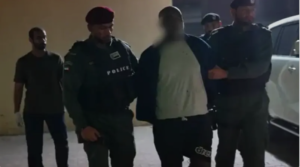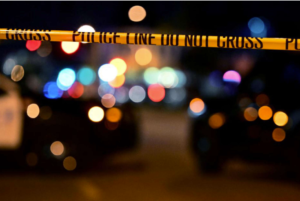Bomb exploded in church: Isis claims attack in Democratic Republic of Congo

The attack, which took place in Kasindi while a religious service was in progress, left at least 17 dead. The perpetrators belong to a branch of the terrorist group active in Central Africa and allegedly threatened further such actions.
A branch of Isis active in Central Africa and known as Iscap claimed responsibility for the attack that killed several people attending a church service in a Pentecostal church in Kasindi, Democratic Republic of Congo, on Sunday. This was announced on Twitter by Rita Katz, director of a site that monitors the activities of jihadists, adding that the perpetrators had planted a so-called improvised explosive device and threatened further attacks.
Kasindi is a town on the border with Uganda, 85 kilometres from the city of Beni in North Kivu Province. Speaking about what had happened, army spokesman Antony Mualushayi had immediately spoken of a ‘terrorist act’. At first, however, the government had blamed the attack on Ugandan rebels of the Allied Democratic Forces, a group that in 2021 the United States labelled a foreign terrorist organisation and pledged allegiance to Isis.
The death toll rose over the course of the day, as feared. Eleven bodies were found shortly after the explosion, but several people were injured and had to be transported to hospital. At the moment, there are 17 confirmed victims.
‘Governments protect Christian minorities around the world’
The attack in the Democratic Republic of Congo occurred on the same day that a group of people attacked the parish residence of the St. Peter and Paul Catholic Church in Kafin-Koro, Nigeria, killing one priest and injuring another. Italian Foreign Minister Antonio Tajani called the incident a ‘cowardly’ and ‘brutal attack that once again draws attention to the drama of the persecution of Christians around the world’. He added that “striking places of worship, religious symbols and the people who believe in them, means violating one of the main and fundamental human rights, that of freely professing one’s faith” and appealed to all governments to protect Christian minorities, adding that he would soon appoint a special envoy to protect their rights.




